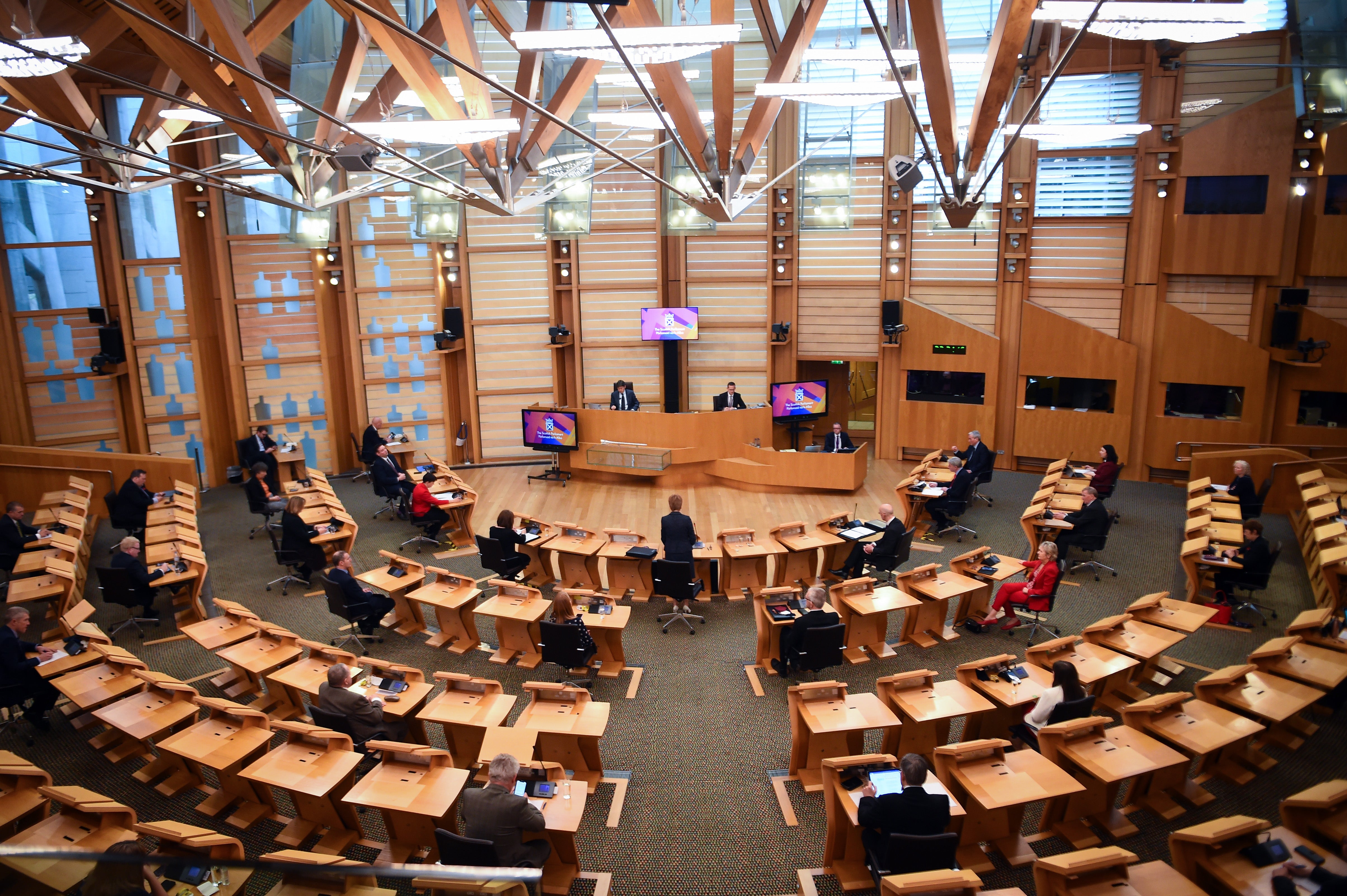Licencing scheme for Airbnb-style rents passed by Holyrood
Landlords will be required to get licences for short-term rental properties after MSPs approved the plans.

Your support helps us to tell the story
From reproductive rights to climate change to Big Tech, The Independent is on the ground when the story is developing. Whether it's investigating the financials of Elon Musk's pro-Trump PAC or producing our latest documentary, 'The A Word', which shines a light on the American women fighting for reproductive rights, we know how important it is to parse out the facts from the messaging.
At such a critical moment in US history, we need reporters on the ground. Your donation allows us to keep sending journalists to speak to both sides of the story.
The Independent is trusted by Americans across the entire political spectrum. And unlike many other quality news outlets, we choose not to lock Americans out of our reporting and analysis with paywalls. We believe quality journalism should be available to everyone, paid for by those who can afford it.
Your support makes all the difference.Plans to require landlords to have licences for short-term let properties have been passed at Holyrood
The Scottish Government will introduce a licensing scheme for Airbnb-style properties in Scotland in a bid to achieve a greater balance between the concerns of communities, and the economic and tourism benefits.
The regulations passed by 87 votes to 33.
Councils will each have to devise a licensing system for short-term rental properties by October, with all operators then required to apply for a licence by July 1 2024.
Fees to apply for a licence are uncapped under the government’s plans, with individual local authorities able to set their own rate.
The Scottish Government had previously hoped to introduce the new law before May’s Holyrood election but pushed the plans back following backlash from some MSPs
Speaking in parliament on Wednesday, Housing Secretary Shona Robison said: “This legislation delivers on our commitment to effectively regulate short term lets.
“We recognise the important role short term lets play as a source of flexible and responsive accommodation for tourists and workers, which brings many benefits to hosts, visitors and our economy.
“However, when this work started in 2018 it was in response to the significant concerns of residents and communities across Scotland… about the impact that short term lets were having on their areas, including on local housing supply, noise and antisocial behaviour.”
Ms Robison added: “I’m pleased that we have responded to those concerns with the clear action we have taken tonight.”
Tory MSP Miles Briggs spoke against the move as it was set for its final legislative hurdle, claiming he was not against curbs, but would prefer a registration scheme.
“Given the impact that the pandemic has had, we should be mindful of the unintended consequences and the potential negative impact which these new regulations will have on already fragile tourism businesses,” he said.
“What is concerning is that the views of this sector has not been taken on board and a workable solution which has been put forward in the form of the registration scheme has been put to one side by SNP ministers.”
Scottish Land and Estates, which has consistently been against the regulations, said it was “extremely disappointed” by their passage.
“While we understand the need for action in some localised situations, we have constantly warned of the dangers of a one size fits all approach,” said Simon Ovenden, the group’s policy adviser.
“This urban-focused licensing order being imposed on rural Scotland, with evidence suggesting that the excessive bureaucracy and spiralling costs could now lead to many businesses closing with a knock-on impact to the local communities they serve.
“This is particularly disappointing given the significant difficulty rural businesses have faced during the last two years.”